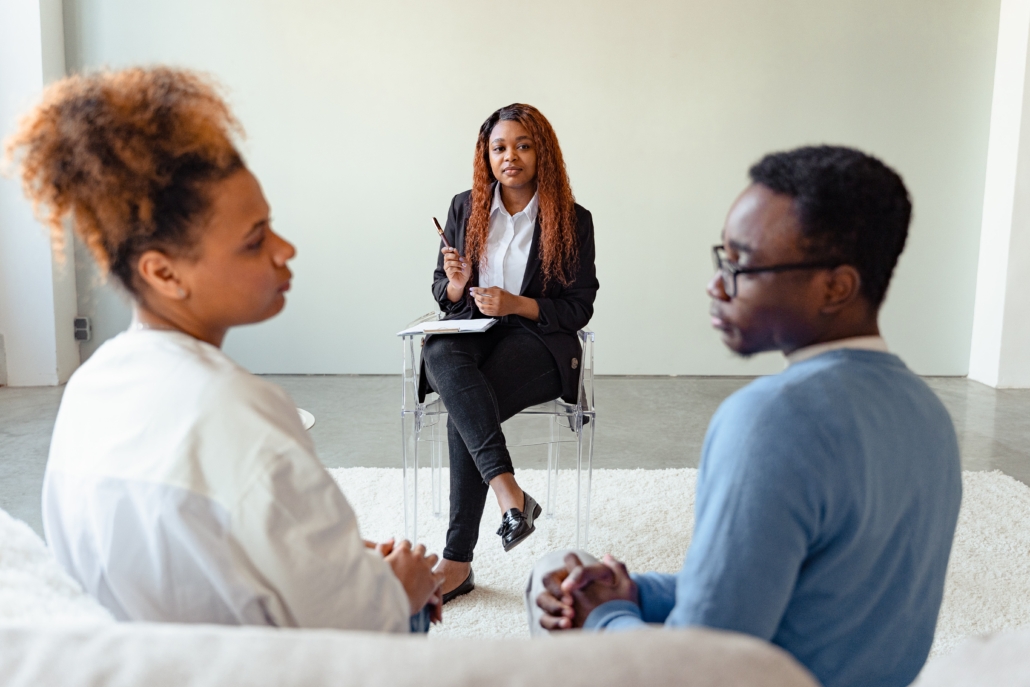Challenges of Modern Marriages & How Marriage Counseling Can Help
If you find yourself wondering, “What happened to my marriage?” you’re not alone. Marriages today face more pressure, distraction, temptation, and isolation than ever before. Couples have dealt with traditional stressors like communication breakdowns, children, a new job, or a loss in the family for years. But the COVID-19 pandemic, a tumultuous economy, and even the technology at our fingertips have added significantly more challenges to maintaining a successful relationship or marriage. It might seem normal, then, for couples to experience dwindling connection, romance, or intimacy.
And while every marriage does have its ups and downs, your relationship shouldn’t feel tense, frustrating, lonely, unsatisfying, or broken. If these feelings sound familiar, marriage counseling can help!
As both a therapist-owned company and the largest, specialized couples’ therapist network in the nation, we have devoted our careers to helping couples rediscover their spark, improve their communication, resolve conflict, handle life changes, break toxic patterns, and more. Our licensed, caring therapists serve 6 states and 22 cities nationwide and are ready to support your unique relationship goals.
How Our Experts Support Couples
Modern therapy has evolved with changes in neuroscience, approaches to emotional development, and advancements in research – how therapists approach marriage counseling is no exception.
For example, in the past, therapists would often ask, “what seems to be the problem?” Instead, our approach starts with, “Why did you fall in love in the first place?” This subtle, positive shift reminds couples they are on the same team and helps set them up for longer-term success from the very beginning.
When you work with a specialized therapist who has dedicated their career to understanding and resolving relational barriers like trauma, abandonment and attachment issues, communication issues, conflict, separation adjustments, infidelity, and more, you have a greater chance of getting to the root of concerns that spring up between you and your partner. As experts in our field, we don’t run out of ideas, insight, and tools that you can use to improve your relationship dynamics.
Our Specialties
Our therapists specialize in everything about how people relate to and connect with one another.
This, unfortunately, often includes topics like trauma, sexual issues, intimacy concerns, communication issues, withdrawal, and high conflict situations. We’re also specialized to assist with other aspects of life, like loss of job, infertility, death in the family, life changes, faith and secular issues, addiction issues, and how these all can affect relationships.
Reach out to our intake coordinator today to see if we’d be a good fit for your unique situation. You can also read more on our blog or check out our fees & FAQs.
Get Started Today!
We’re here to help you in your unique situation. We’ve seen it all and we’re serious about relationships–so you will always find a compassionate and understanding counselor by your side.
Our affordable fees and insurance policies can be found here. We work hard to keep the cost for couples therapy in line with other local providers, and many couples are able to get reimbursed through their insurance company.
If you have more questions that our website doesn’t answer, just click the Get Started button and schedule a free time with our Intake Coordinator; she’ll answer any lingering questions you have.



